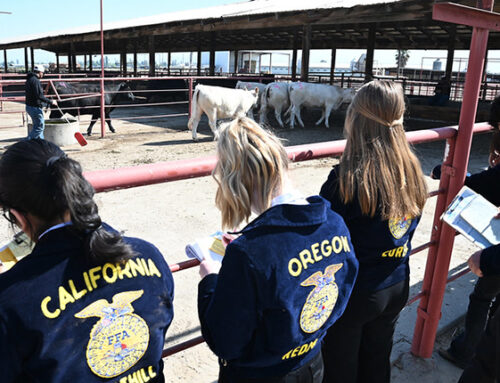California State University, Fresno’s forensic science program steps into the national spotlight Monday, July 5, with an interview of graduate student Michael Gonzalez about his acclaimed master’s thesis project HAIRbase airing on “The WildLife” radio show and podcast.
HAIRbase is a computerized database Gonzalez developed that can be used by practitioners around the world to analyze class characteristics through the hair of hundreds of mammal species, including the world’s most endangered and highly trafficked.
He received the 2010 Wildlife Forensic Science Award from the Society for Wildlife Forensic Sciences for outstanding thesis work that was recognized by the FBI.
The weekly show originating in Burlington, Vt., airs 10-11 a.m. (PDT) July 5 on radio WOMM-LP in Burlington, and is streamed live on www.theradiator.org and later via iTunes, said Dr. Kevin Miller, assistant professor of chemistry and criminology at Fresno State and Gonzalez’s faculty mentor. The podcast also may be downloaded athttp://laurelneme.podbean.com.
Miller also directs the university’s forensic science master’s program and the Human Identification Group in the Forensic Biotechnology Institute.
Gonzales was interviewed by Dr. Laurel Neme, “The WildLife” host/producer who is an international consultant in natural resource and wildlife management and policy. She wrote “Animal Investigators: How the World’s First Wildlife Forensics Lab is Solving Crimes and Saving Endangered Species.”
Neme has worked for the U.S. Agency for International Development, Treasury Department, World Bank and World Wildlife Fund. She consults on issues related to international environmental negotiations such as the Convention on International Trade in Endangered Species.
“The WildLife” examines the animal world through interviews with scientists and other wildlife experts.
Related links:



